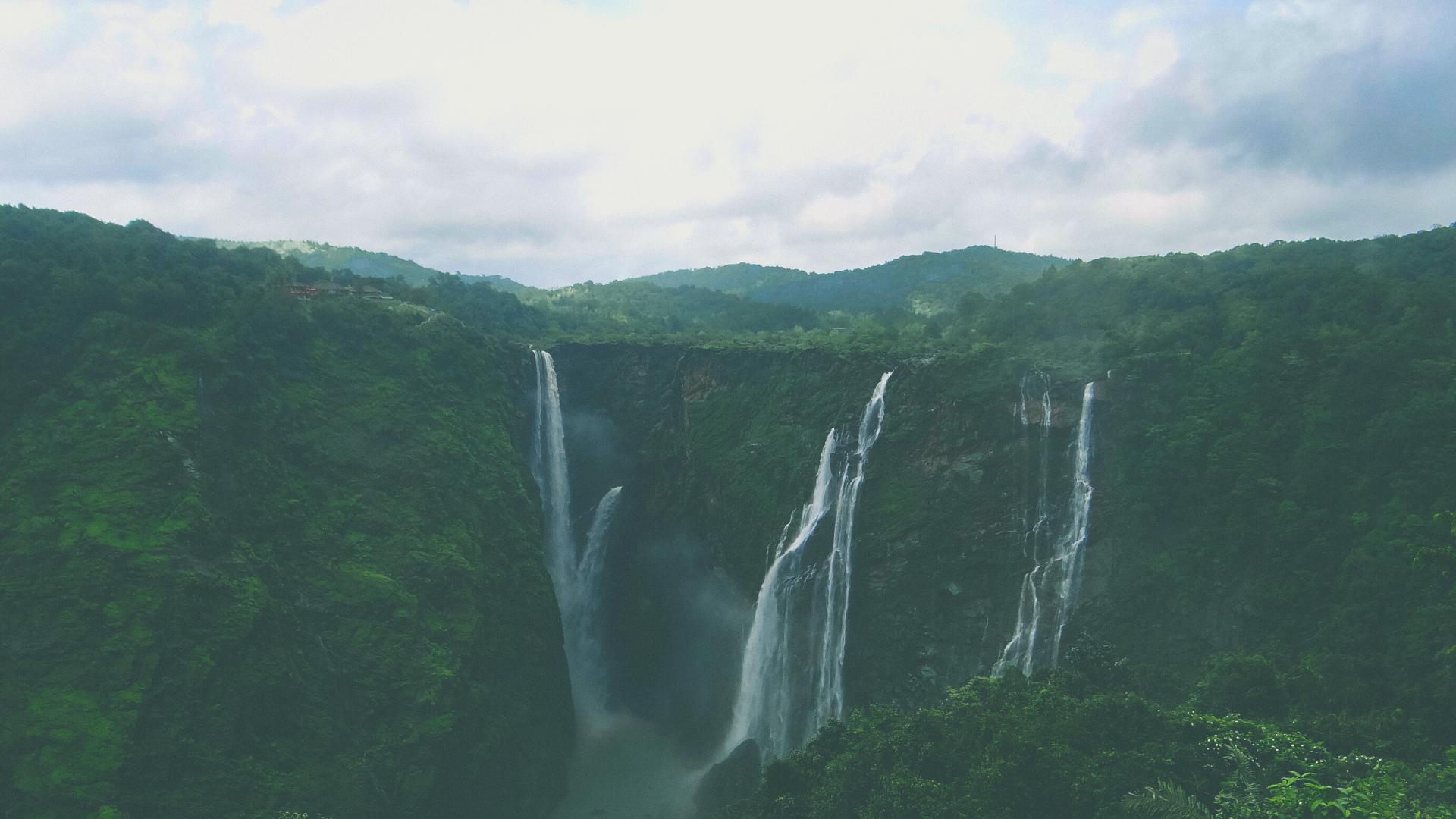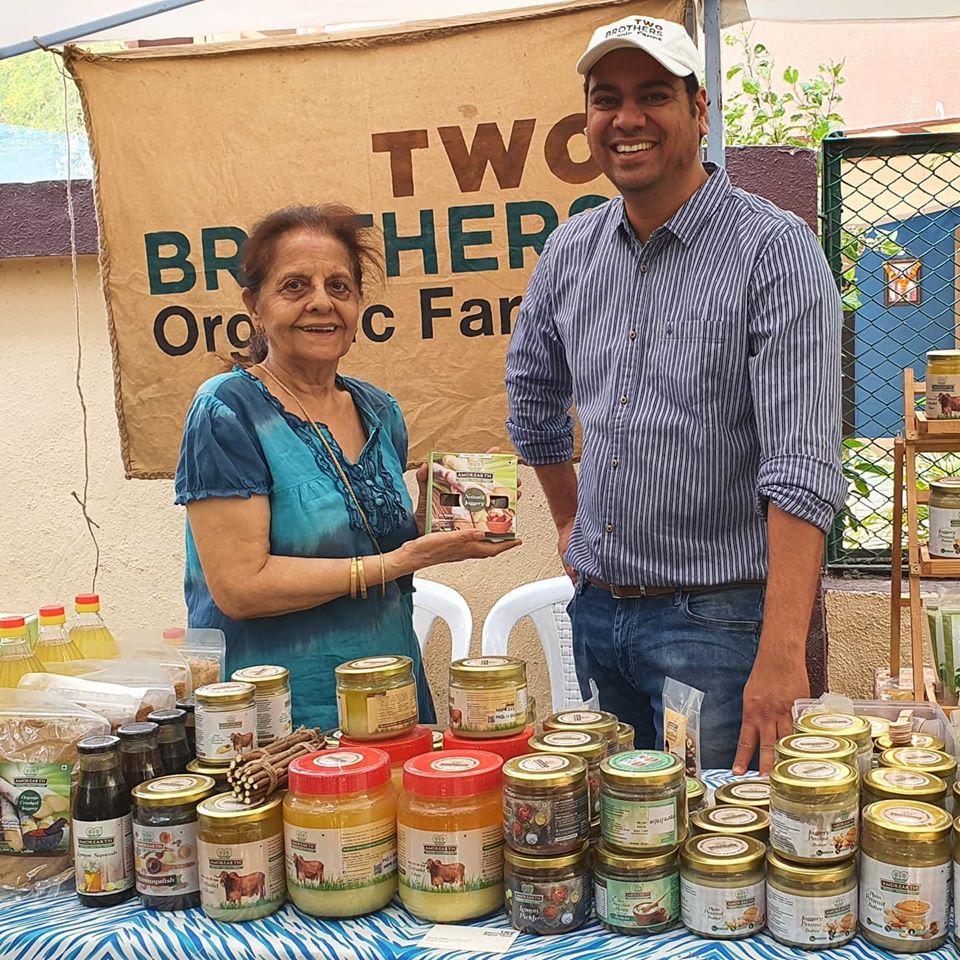Suddenly, it seems like the word 'gluten' should mean a statutory warning!
Professional bakers are constantly trying to come up with options other than wheat flour, leave alone refined flour, whole wheat flour is also not preferred. The hashtag ‘gluten free’ is everywhere on the internet and also on our food labels! People are scrambling for dietary options which don’t include the wheat grain! Coconut flour, banana flour, almond meal goodies are turning up as healthier options. It’s great that people are experimenting with healthier alternatives diet diversity is only helpful - but do we really know what are we running away from?
Not too long ago, rice was supposed to be the enemy and people from all over the country were switching to a roti / chapati diet or "diabetic-friendly no-rice" diet! Today, however the very same flat bread is facing a great deal of flak and how!
It is one thing to be sensitive to gluten or to avoid it in the event of Celiac disease, but to label the grain as being unhealthy for consumption , intolerance or not, is something which needs to be addressed and understood.
In order to do that, it is up to each one of us to educate ourselves by going back to the origin of wheat.
Out of any adversity, there arises a silver lining. With allergies becoming common place, conscientious chefs, organic farmers and those committed to promoting sustainable living began to research on heritage grains. While there are several organisations involved in discovering and reviving the thousands of heritage rice grains, when it comes to wheat we have barely begun scratching the surface.

The wheat flour which is readily available to all consumers, on every store shelf is the modern day wheat, also known as the bread wheat. This accounts for the major part of wheat cultivation across the world. This new age wheat was developed with an idea for high monetary gains. Yet another reason was to increase the cultivation of wheat to meet the demands of a rapidly growing population. The Japanese even went so far as to modify the genome so that the wheat crop would be shorter in stature making it more convenient to harvest and farm.
Before we talk more about gluten, it is first necessary to understand that what we know today as wheat is a result of many many processes of hybridization, DNA tampering, altering of chromosomes, bleaching, refining etc. It’s like someone reached into a big bag of different wheat chromosomes and decided to put together those which they thought would be most resilient to pests, grow faster within a shorter span of time, be separated from the bran with minimum effort and therefore make for better business.

So when they tampered with the way the ancient grains self pollinated and naturally integrated with the wild grass varieties, it also created other problems which then began to cause ‘dis- ease’ to the human body.
There is a reason that we stress on local, seasonal and heritage seeds. Nature intended for them to be a certain way to satisfy a specific requirement. In that regard wheat too was a seasonal food. It wasn't cultivated or consumed throughout the year as it is now.
The wild wheat grain before it became ‘domesticated’ by farmers had the characteristic of dispersing far and wide based on the shape and resilience of the wheat spikes. Today modern day wheat apparently lacks the capacity to exist in the wild. The problem of being spoon fed by human hands!
The wheat we consume in large quantities today is far removed from what people ate say ten thousand or even fifty thousand years ago. The gluten which is singled out as being grossly unhealthy is a protein which in the modern bread wheat is known to cause abdominal bloating, discomfort, flatulence and a host of other complexities.
Ancient wheat grains are of many kinds and each have their own varieties occurring of a natural hybrid process of self pollination. Farro , Spelt , Emmer, Einkorn etc are some of the ancient wheat grains which are beginning to receive attention. It is not that these grains do not contain gluten.
Gluten, we know, is a protein which exists in wheat but in these ancient grains since it is naturally occurring it is not an artificially pumped up version which is stronger like in the bread wheat.
The gluten in the ancient grains, as per recent studies, is less invasive because there have been reports of people with gluten sensitivity being able to tolerate Emmer (Khapli), Einkorn, Farro etc. This is not to suggest that gluten intolerant people must buy Emmer wheat but more to understand where and how these allergies originate and why. What this information seeks to highlight is that the genetic profile of ancient wheat grains are far simpler to break down than the structurally altered modern wheat grain.
 So a chapati or your favorite broken wheat upma is not your enemy. It just requires you to make an informed decision about the kind of wheat you want to choose for your body and the benefits which arise from it.
So a chapati or your favorite broken wheat upma is not your enemy. It just requires you to make an informed decision about the kind of wheat you want to choose for your body and the benefits which arise from it.
Those of us who can add different grains to our diet need not at all switch to a gluten free diet and remove ourselves from the grains which grow around us or what we have been used to eating. A great number of organic crusaders who deal in or grow their own produce and empower like-minded farmers to follow suit are spearheading the cause of bringing back these ancient grains to our table. What’s great is that this is being done without the interference of middlemen.
While we can delve into statistics, scientific terms (hexaploid, tetraploid) and the theories based on the extensive research - it does not change the fact that banning wheat altogether from our diet without a proper understanding is simply unnecessary.
Every type of grain grown in a manner in which it was originally intended to by way of soil, water and air does contain the ability to help the human body thrive. To go scurrying after random alternatives while disregarding the facts is what creates an imbalance between the conscientious farmer and the consumer whose well-being depends on the very thing he or she is forsaking under inaccurate guidance.
As wide and varied as Indian cuisine is, we have just as many grains to enhance those recipes and cooking techniques. Understanding one’s food heritage is a step in the right direction. With urban farming bringing about educated farmers and people who want to provide ‘real food’, all we need to do as consumers is put in a little bit of effort to locate the right source.
The joy of eating a hot phulka, puffed up and soft is not something which must be sacrificed out of fear about gluten intake. The metabolism and immune system of every person is determined by various factors; genetics, lifestyle, age, geographical location. The power to make individual food choices based on the way we educate ourselves about food is where lies the path to long term fitness of the body and mind. Continue to follow it and that’s all it takes to bring about a change, one which will then be documented for the generations to come.
Shop Now : https://twobrothersindiashop.com/collections/all
Buy Khapli Wheat : https://twobrothersindiashop.com/products/khapli-emmer-long-wheat-atta-stoneground-2kg
To get a more detailed idea of the role of wheat do check out the links below
https://coloradowheat.org/2013/11/why-is-the-wheat-genome-so-complicated/
https://www.sciencedaily.com/releases/2012/11/121128132357.htm
https://www.whitneyerd.com/2015/04/ancient-grains-vs-modern-wheat-whats-the-difference.html
https://www.verywellfit.com/is-farro-gluten-free-562825
https://en.wikipedia.org/wiki/Taxonomy_of_wheat










